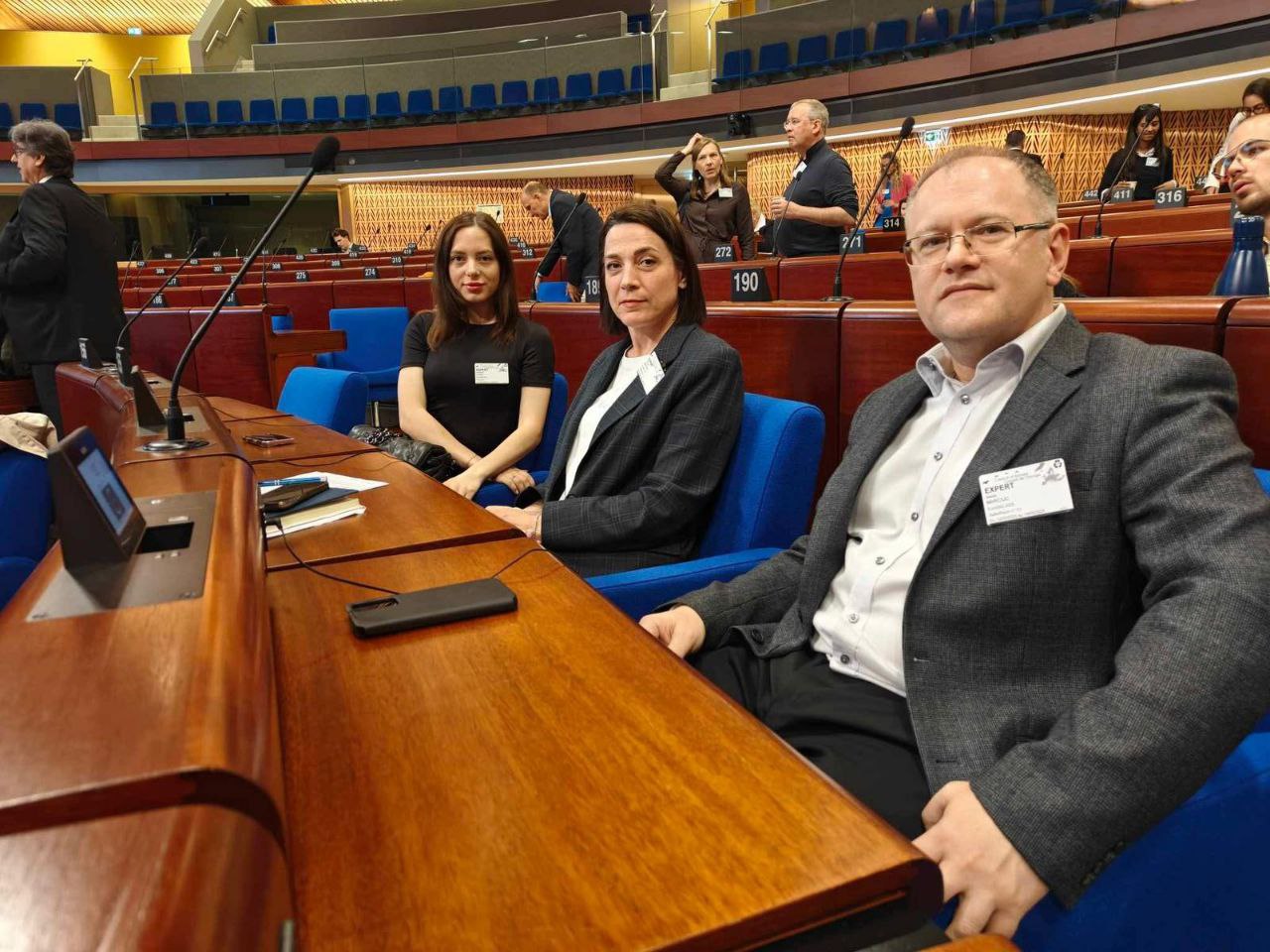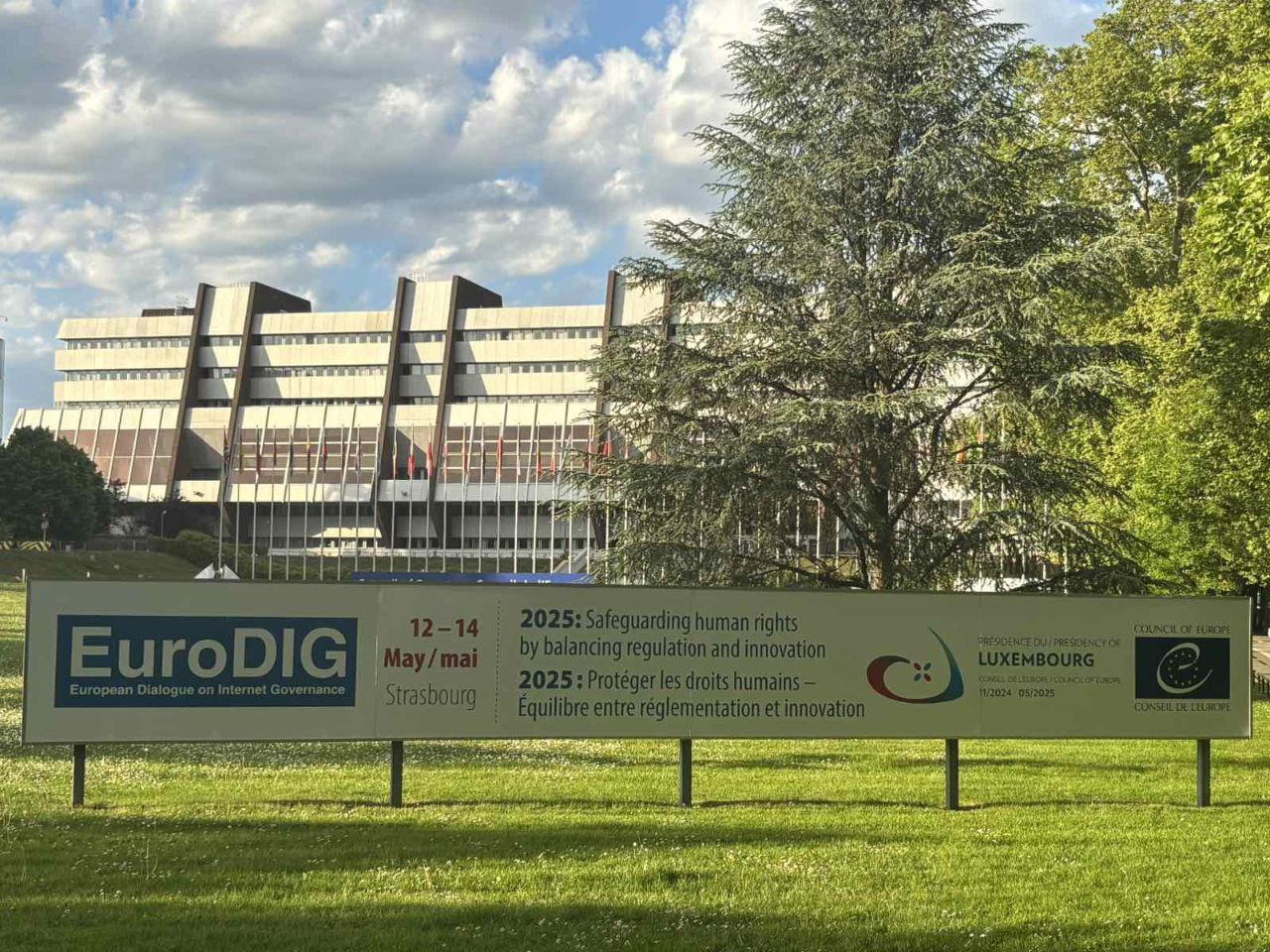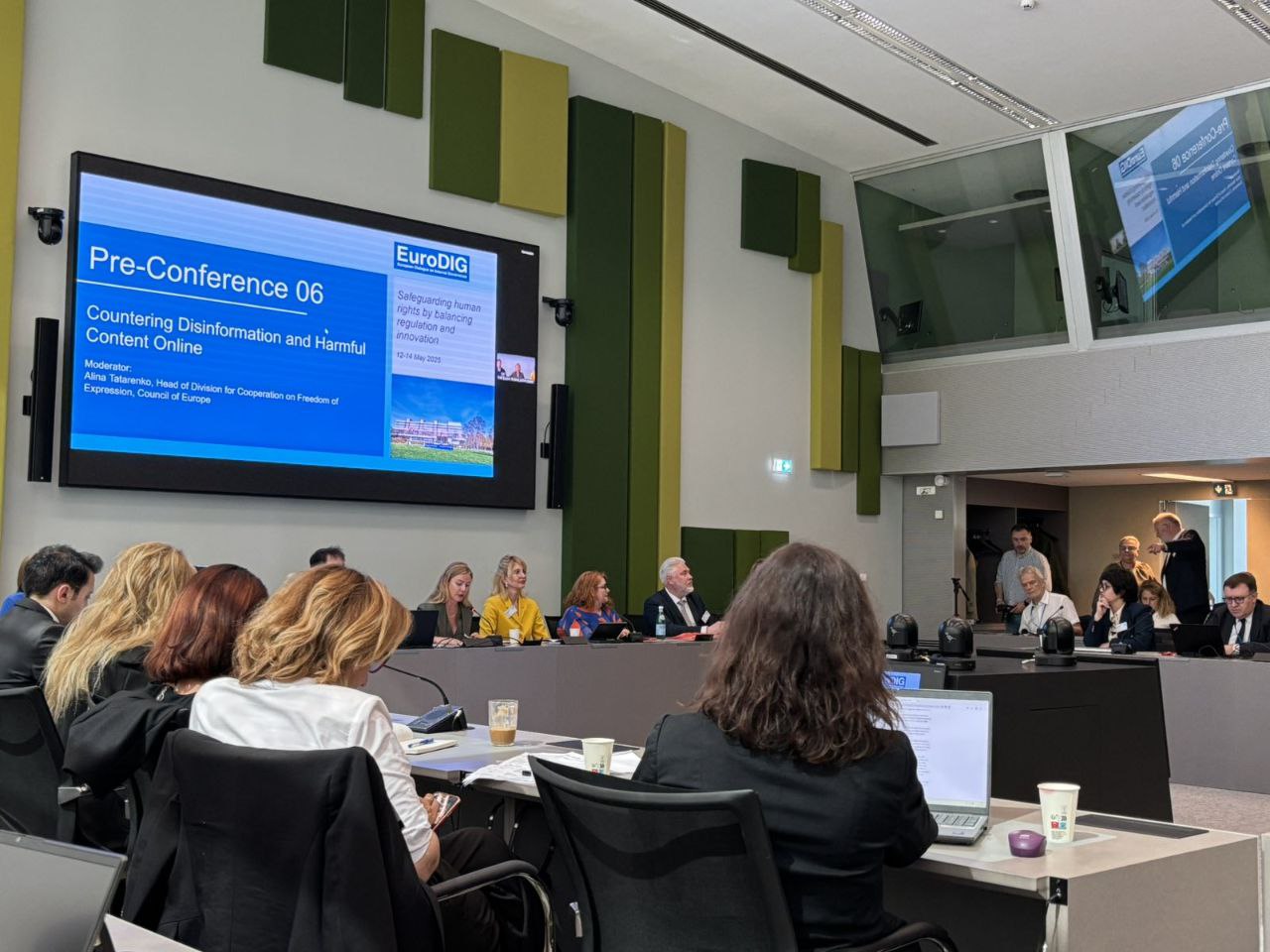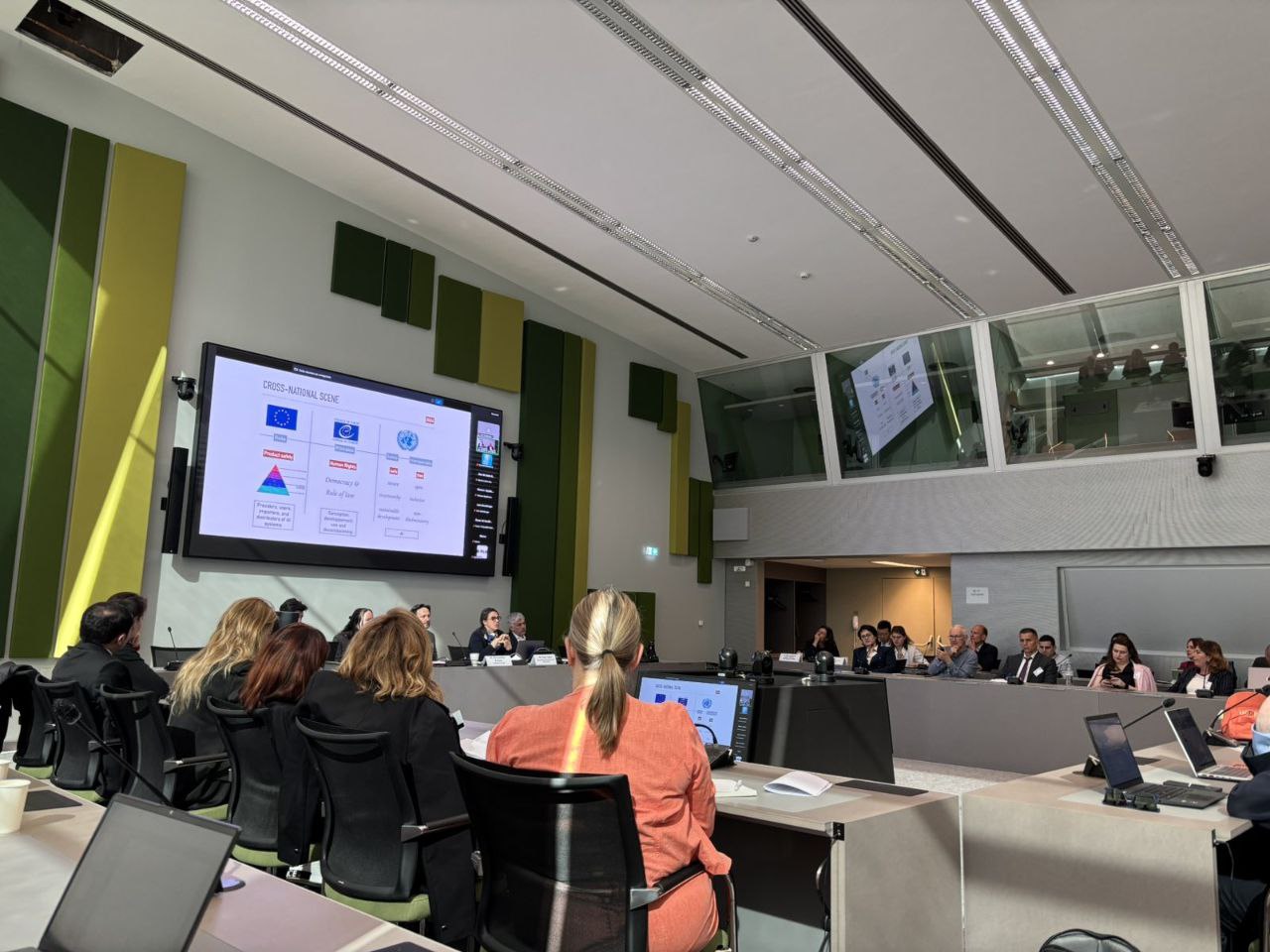Children's and young people's digital rights on the agenda of #EuroDIG2025 – the leading European forum dedicated to internet governance.
.jpg)
When it comes to the digital protection of children, we cannot afford to fall behind—nor should we treat it as a goal for the distant future. It is an urgent necessity and, equally, our institutional responsibility.
From May 12–14, our colleague Veronica MAEVSCHI, Director of the Child Program at the International Centre "La Strada", participated in #EuroDIG2025 – the leading European forum dedicated to internet governance. The event was hosted in Strasbourg (France) by the Council of Europe, in cooperation with the Luxembourg Presidency of the Committee of Ministers of the Council of Europe.
EuroDIG serves as a platform for dialogue and exchange on emerging internet-related issues and challenges. This year's edition placed a strong emphasis on the digital rights of children and young people, as well as on recognizing their active role in the online space.
With over 700 participants—including representatives from European institutions, civil society, academia, the tech industry, media, and experts from various fields—the forum once again confirmed the importance of a multistakeholder approach in shaping digital policies at the European level.
We return from this event with valuable perspectives. However, one topic of deep concern—and which sparked intense discussion during the forum—is the non-consensual distribution of intimate images (NCDII).
This form of digital violence disproportionately affects women and young girls, causing serious harm to victims’ personal, emotional, and social lives.
The non-consensual sharing of intimate images (NCDII) is a severe form of digital abuse, particularly impacting women and young adults. It is crucial to highlight that when such content involves individuals under the age of 18 (children and adolescents), it qualifies as child sexual abuse material (CSAM), regardless of the context in which the images were created. This content is illegal, exploitative, and traumatizing—requiring immediate action from both digital platforms and the relevant authorities.
Age verification in the online environment was another key topic, posing real challenges: how can we protect children without infringing on their privacy or limiting their right to digital participation?
It became clear that no single solution is sufficient. What we need is collective action—coherent policies, responsible technology, continuous education, and the engagement of society as a whole.
The International Centre "La Strada" remains unwavering and consistent in its mission to protect children in the digital environment, ensuring that no child is left alone in the face of online risks, and that every child has the right to a safe, respectful, and inclusive digital space.

.jpg)



